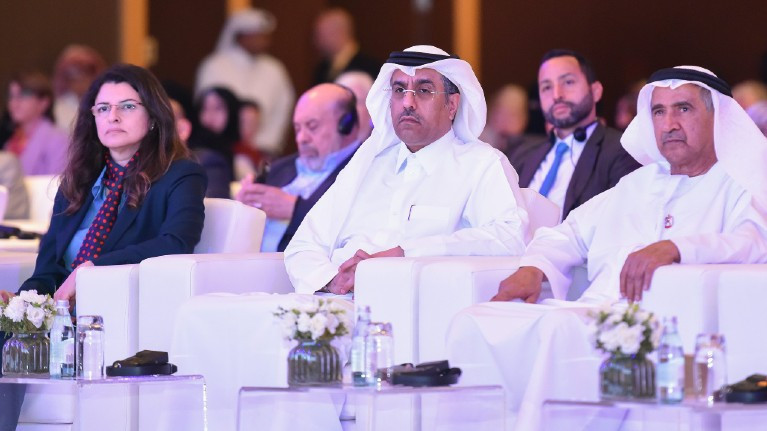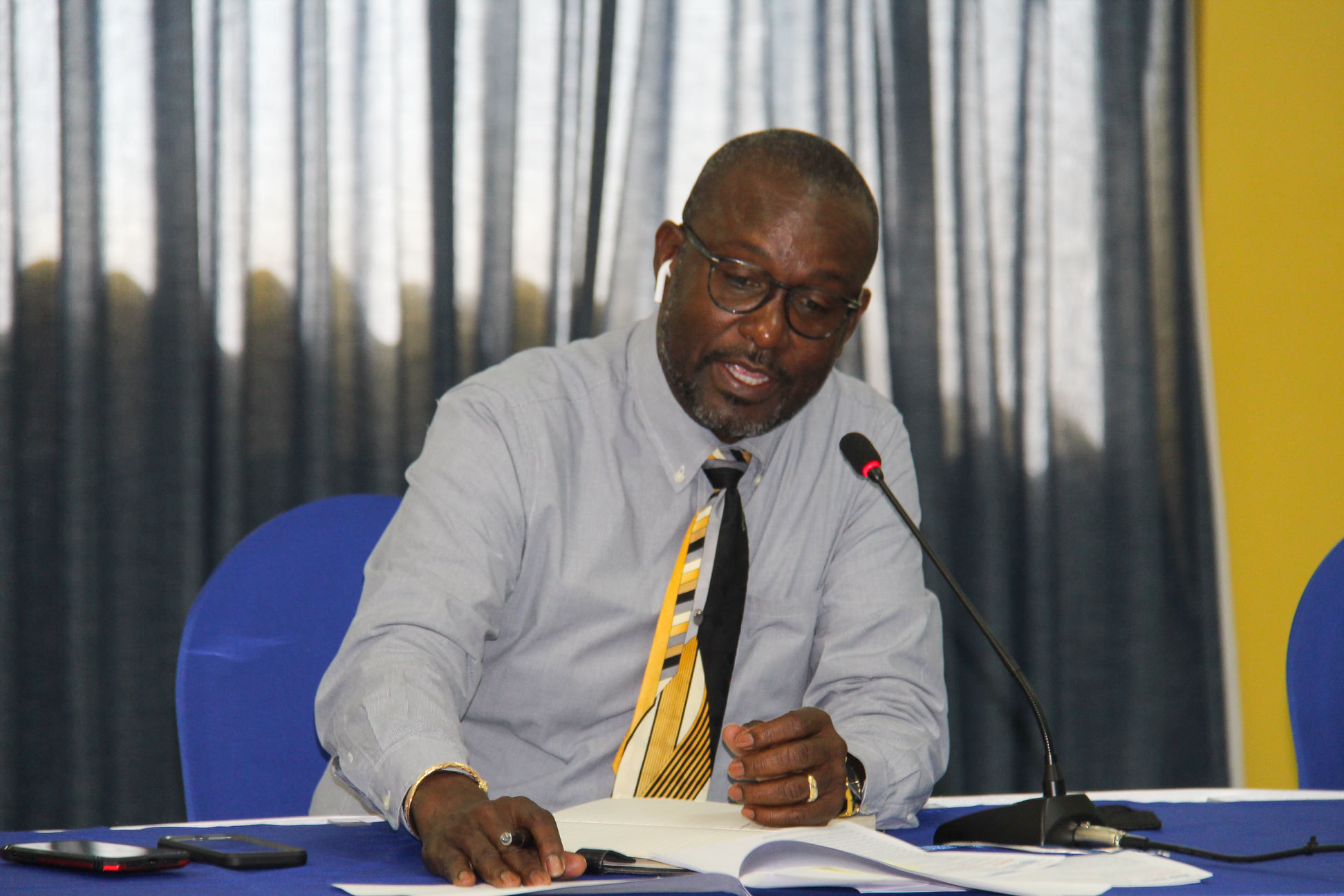DOHA (ILO News) – Qatar’s Ministry of Labour and the International Labour Organization (ILO) held a two-day international conference titled "Occupational Heat Stress: Implementation of Practices, Sharing of Experiences" in Doha, Qatar on 9-10 May 2023. The conference brought together government, workers’ and employers’ representatives from the Arab States, as well as leading researchers in the field of heat stress from around the world.
The challenges of working on an increasingly warmer planet are affecting workers in a growing number of countries across the world, elevating the risk of occupational heat‐related diseases. The conference facilitated an extensive exchange of knowledge and experiences on this critical issue, and explored ways to prevent and mitigate related hazards.
The conference was held just two weeks after World Day for Safety and Health at Work on 28 April. This year’s international day celebrated the decision made at the International Labour Conference in June 2022 to adopt a resolution that added the principle of a safe and healthy working environment to the ILO’s Fundamental Principles and Rights at Work.
“Unseasonably warm temperatures are not only causing significant disruption and damage to the environment, but their impact on human health is reaching alarming proportions,” said Ruba Jaradat, ILO Regional Director for Arab States. “Heat stress also reduces worker productivity. We estimate that 2 per cent of total working hours worldwide will be lost every year, either because it is too hot to work or because workers have to work at a slower pace. More concerted commitment by governments and employers is needed to prevent and mitigate the impact of heat stress on workers worldwide.”
To set the scene at the global level, ILO specialists discussed the findings of the Working on a warmer planet: The effect of heat stress on productivity and decent work report, as well as the latest research evidence on the effects of heat exposure on health, and policy recommendations.

The Government of Qatar presented an overview of the research on heat stress undertaken in the country in 2019, and how this informed new legislation , which entered into force in 2021. In addition to expanding the hours during the summer months when outdoor work is prohibited, the new measures also require annual health checks for workers and mandatory risk assessments to be prepared by enterprises.
Participants also shared international experiences on related research, featuring presentations on experiences from Africa, Asia, Europe, and Latin America.
"Qatar is keen to upgrade its heat stress prevention legislation in line with labour market developments. I commend the ongoing collaboration with regional and international partners, as well as national stakeholders, to promote occupational safety and health preventive measures. Building national capacities to monitor heat stress cases and ensure the implementation of new measures is key to protect workers and promote a healthy and safe work environment", said Qatar's Minister of Labour Ali bin Samikh al-Marri. "Qatar has played a leading role in protecting workers from occupational heat stress, with the adoption of one the world's first comprehensive plans to mitigate its effects on workers' productivity", concluded the Minister.
ADVERTISEMENT

SEE MENU: https://bluegardens.online
"As employers, we have a responsibility to protect workers from the adverse effects of heat stress. This conference has provided valuable insights and best practices to help us achieve that goal," said Fael Bin Bilal Bin Mabrouk Beit Bilal, representative of the Chamber of Commerce and Industry of Oman. “We are committed to developing tools and using evidence-based strategies to reduce the effects of heat on the workforce.”
Nasser bin Abdulaziz Al-Jareed Chairman of the National Committee of Labour Committees of Saudi Arabia also stated: "Taking concerted steps to mitigate the impact of occupational heat stress is an urgent matter across all regions of the world, not just in the Arab States in the Gulf. This conference has highlighted incontrovertible evidence from the global scientific community, and we now need concrete action to protect the safety, health and wellbeing of workers."
The ILO remains committed to promoting safe and healthy working conditions for all workers, and will continue to work with governments, social partners, and other stakeholders to address the challenges posed by occupational heat stress.
ADVERTISEMENT






